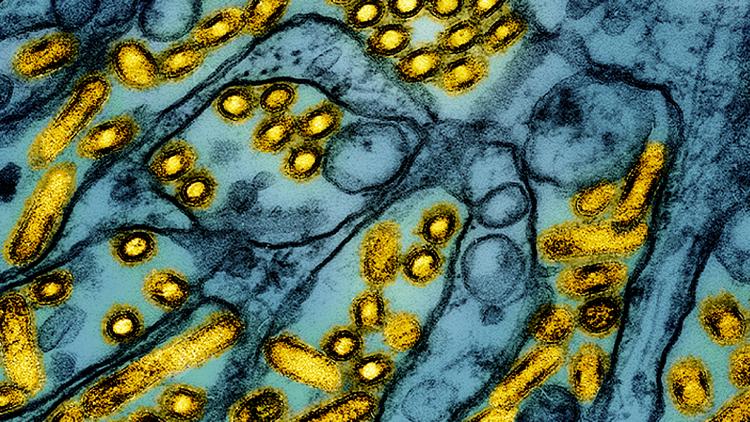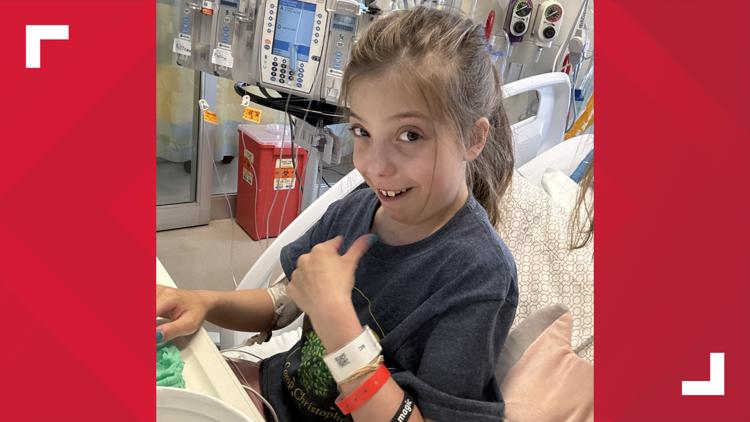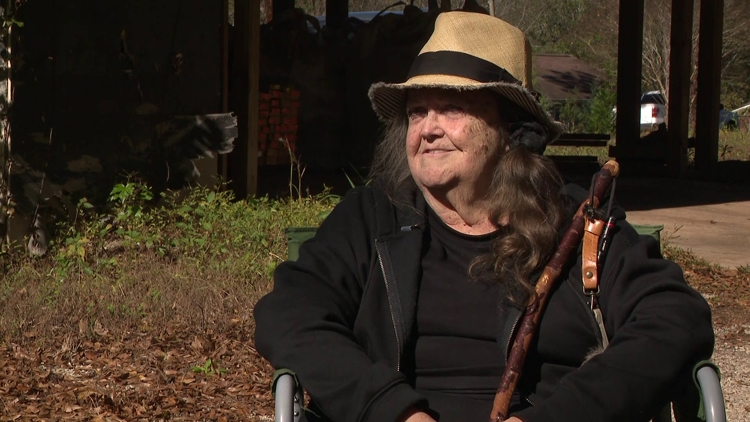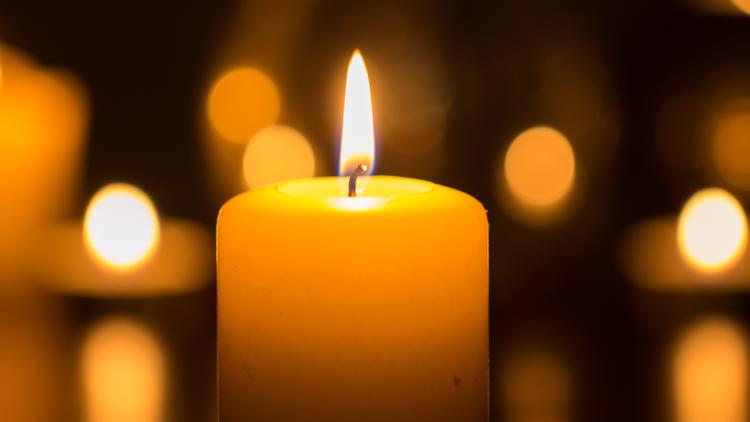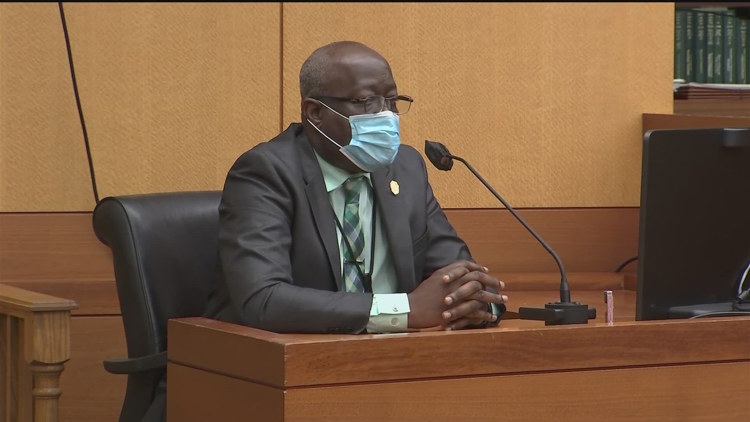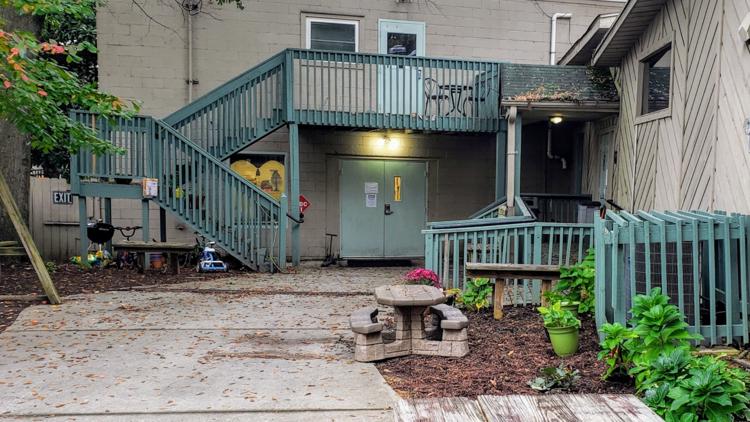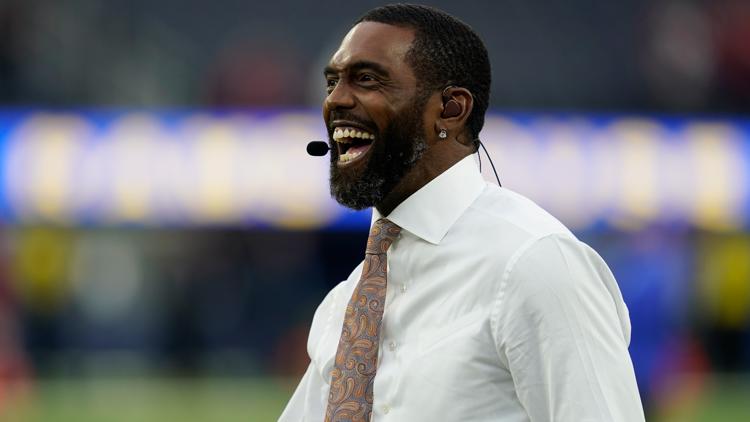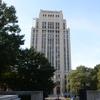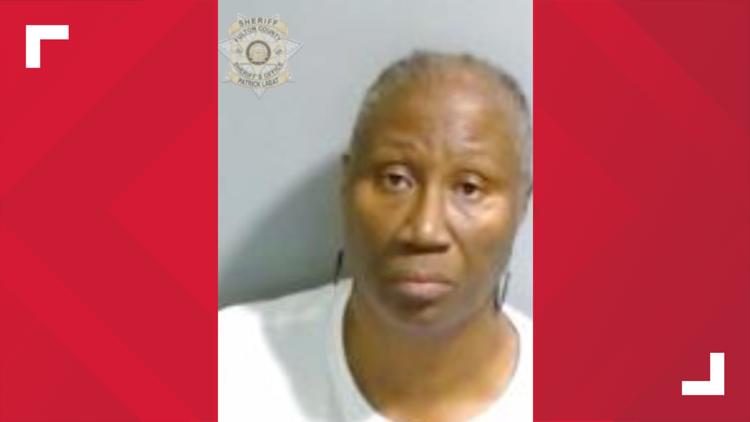Israeli and Palestinian pollsters discuss public opinion
One week after the election of President Donald Trump, political analysts talked about public opinion in Israeli and Palestinian communities – and what the U.S. can do to end the war. An event held at Temple Sinai in Sandy Springs featured Dr. Dahlia Scheindlin and Dr. Khalil Shikaki in a discussion moderated by Emily Kaiman, […] The post Israeli and Palestinian pollsters discuss public opinion appeared first on Rough Draft Atlanta.


One week after the election of President Donald Trump, political analysts talked about public opinion in Israeli and Palestinian communities – and what the U.S. can do to end the war.
An event held at Temple Sinai in Sandy Springs featured Dr. Dahlia Scheindlin and Dr. Khalil Shikaki in a discussion moderated by Emily Kaiman, deputy director of J Street Georgia, a pro-Israel, pro-peace, pro-Democracy organization.
“When we show up and engage in real dialogue, we can build bridges and find a way forward,” Kaiman said.
Political analyst Scheindlin started with an overview of Israel’s political climate. She said citizens reflect what they see and hear from their government.
“For all those years that nobody was making the case for advancing a two-state solution, for negotiations, for ending the conflict, people didn’t think about it as part of their lives,” said Scheindlin.
“The only thing they heard around them was a government advocating essentially hostile attitudes, and the use of force to ongoing ‘conflict management’ – something I hope we all know doesn’t actually exist.”
Scheindlin said the Israel-Hamas War has been “horrible” for peaceful attitudes in the region. Almost immediately after the war broke out, both sides showed “almost mutual justification of the violence.”
Over 80% of Israelis say Hamas’ attack on Oct. 7, 2023, justifies Israel’s response, while 75% of Israelis believe that the number of Palestinian casualties is justified. In some ways, she said, Palestinian opinion is a mirror image. Eighty percent of Palestinians think that the suffering of Palestinians in Gaza throughout the last 16 years justifies what happened on Oct. 7, and 55% think that the number of Jewish Israeli casualties is justified.
“War does not make people feel good about the other side or want to make concessions,” said Scheindlin. “Each side thinks the other wants to do the worst.”
By asking citizens if they support peace or a two-state solution, polls show there’s a changing political environment in the region.
She said the Palestinian citizens of Israel – a population rarely discussed – have always been the strongest supporters of peace.
“They were also losing hope over the years, but since the war, they have recommitted to more peaceful attitudes, supporting the two state solution, concessions, peace, and opposing anything to do with violence,” Scheindlin said.
“The answer is not to stop and go back to Oct. 6,” she said. “We had in place the dynamics that led to where we are now.”
After Israeli Prime Minister Benjamin Netanyahu was elected in November 2022, plans were announced to undermine the Israeli judiciary. It sparked a massive backlash, protests, support for the judiciary, support for democracy, and a realization of what an extreme right-wing government means, Scheindlin said.
She explained that typically after a war breaks out, support for the leadership rises; It’s called the “rally around the flag effect.” But in Israel, support for the government plunged after Oct. 7.
“Netanyahu lost 25 points in poll questions about who’s most suited to be Prime Minister,” she said. “He has recovered … and he’s doing better than at any point since the beginning of the war, and he still couldn’t win an election if it were held today.”
She added: “I’ve heard people in America ask, ‘Why aren’t Israelis going out into the streets to protest this government?’ They are. They’re out every week. They’re out more than once a week.”
Shikaki, who has studied how Israelis and Palestinians see each other for 30 years, said Palestinian opinions are also fragmented.
After about 10 years of status quo, Shikaki said the last decade has shown a “significant decline in support for compromises” to end the conflict.
“Just before Oct. 7, 2023, there was a majority of opposition on both sides, among the Israeli Jews and among Palestinians. The only group that continued to support the two state solution was Israeli Arabs,” Shikaki echoed.
About 90% of Palestinians say that PLO President Mahmoud Abbas must resign immediately. “The current Palestinian leadership is seen as incompetent, corrupt, authoritarian, and totally abdicating responsibilities since Oct. 7, 2023,” said Shikaki, director of the Palestinian Center for Policy and Survey Research.
But if the elections are held, three leaders will head off in what Shakiki called “a fragmented political party.” The most popular Palestinian leader is Marwan Barghouti, and he’s being held in an Israeli jail.
“To the Israelis, he’s a terrorist,” Shakiki said.
Shakiki and Scheindlin agree that the U.S. still has the greatest possible leverage over Israel, which is on course to annex the West Bank. “How do we know? They say it openly all the time,” she said.
There are a number of things that President Joe Biden could do before leaving office, she said, including ensuring foreign military assistance is not used for egregious violations of human rights and recognizing a Palestinian state.
“America should be applying American law. That’s one thing,” Scheindlin said.
Scheindlin and Shakaki publish their research through the Palestinian Center for Policy and Survey Research, an independent non-profit institution and think tank of policy analysis and academic research. They’ve been touring the U.S. talking about government, policy, and public opinion.
The post Israeli and Palestinian pollsters discuss public opinion appeared first on Rough Draft Atlanta.
What's Your Reaction?







